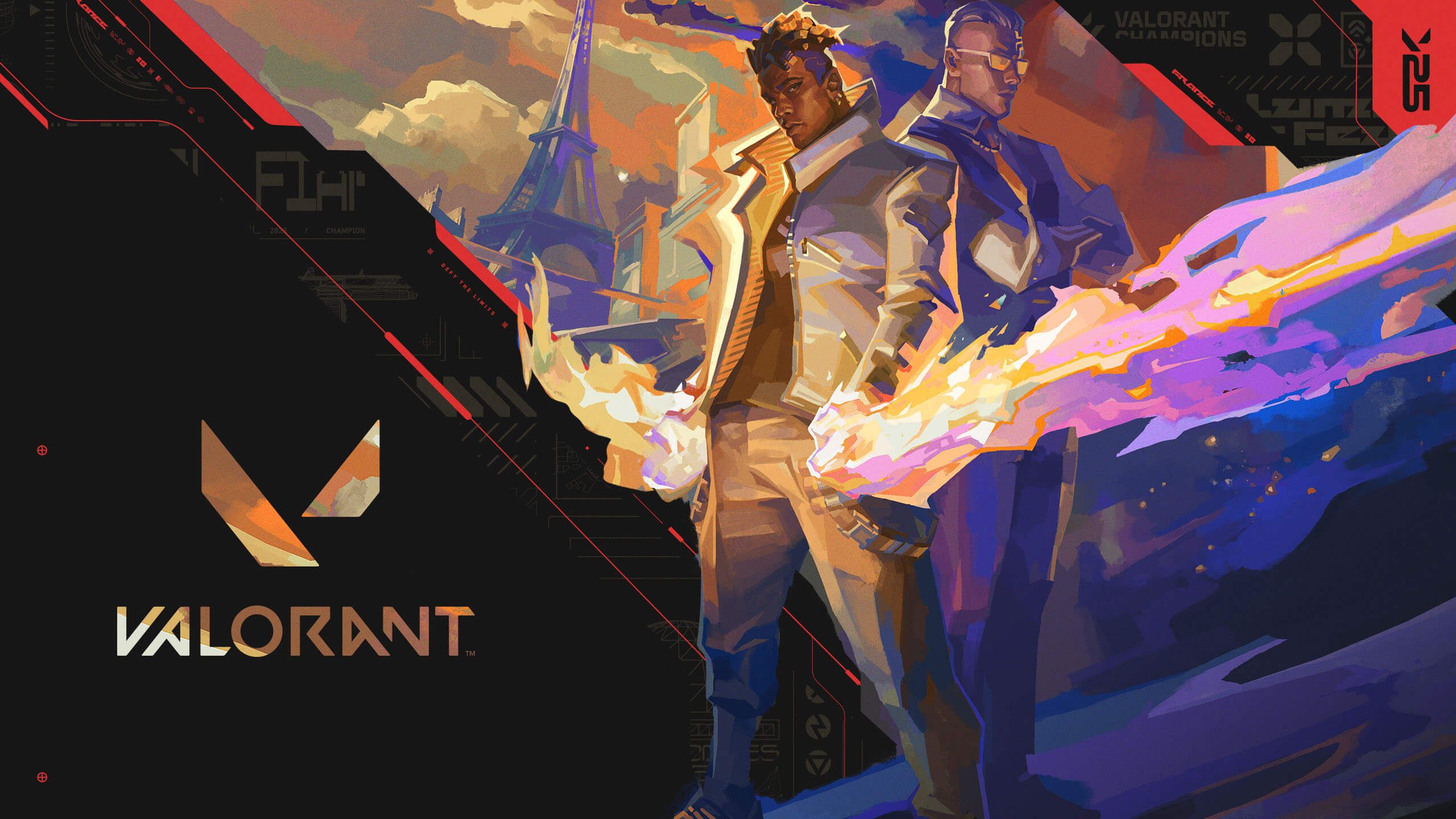From Arcades to Arenas — The Evolution of Fighting Games
Fighting games have long stood as a cornerstone of competitive gaming. Titles like Tekken, Mortal Kombat, and Guilty Gear defined an era where players honed their skills in arcades and later on consoles, mastering complex combos, frame data, and timing. These games have always prioritized individual mastery — one player against another, reflexes and precision against pure instinct.
Each fighting game franchise has built a loyal community that thrives on competition, creativity, and mutual respect. Whether it’s the brutal finishing moves of Mortal Kombat, the technical mind games of Tekken, or the anime-inspired chaos of Guilty Gear, every title offers its own rhythm and flavor. These communities often feel close-knit, almost familial, with players attending offline tournaments, meeting friends, and celebrating every victory face-to-face.
Valorant — A Different Kind of Battlefield
While fighting games are focused on one-on-one duels, Valorant offers a completely different kind of competition. Launched by Riot Games in 2020, Valorant quickly rose to the top of the FPS world, combining tactical shooting with unique agent abilities. It’s a 5v5 experience that blends the strategic elements of Counter-Strike with the hero-based flair of Overwatch.
Unlike fighting games, success in Valorant often depends on teamwork, coordination, and communication. But it also involves sharp aim, fast reflexes, and an ability to outthink opponents in split seconds. Because of its larger player base and higher stakes — with international tournaments and multi-million-dollar prize pools — the game attracts not only professional players but also those who seek to gain an edge through unconventional means.
The Role of Cheating in Competitive Play
In the world of online competition, the darker side of gaming inevitably emerges — cheating. Fighting games, especially in offline tournaments, rarely suffer from this issue due to strict oversight and physical presence. However, in online environments like Valorant, cheating has become a serious concern.
Tools such as aim assistance, wallhacks, and trigger bots have plagued the game since its release. Despite Riot’s robust anti-cheat system, Vanguard, the arms race between developers and cheat makers continues. Players seeking undetected Valorant hacks aim to gain unfair advantages while avoiding bans. It’s a constant struggle that mirrors the larger tension between skill and artificial enhancement.
In contrast, cheating in fighting games is far less common. Offline matches make it nearly impossible, and even in online play, latency and connection quality pose bigger challenges than external software. This difference highlights a cultural divide — where Valorant’s massive online presence invites exploitation, fighting games remain rooted in personal skill and integrity.
Esports and the Economics of Scale
Valorant’s esports scene is massive. Riot Games invests heavily in professional leagues, international championships, and regional circuits. Teams backed by major sponsors compete for prize pools that reach into the millions. The game’s visibility and popularity ensure a steady influx of new players and fans, creating an ecosystem that rivals established esports like CS:GO and League of Legends.
Fighting games, by contrast, maintain a smaller but highly passionate competitive scene. Events like EVO (Evolution Championship Series) are legendary, serving as the spiritual home for the genre. Here, players fight not for enormous prize money, but for prestige, respect, and the joy of pure competition. This passion-driven atmosphere gives the fighting game community (FGC) a unique identity — one that values craftsmanship over clout.
Why Valorant Attracts More Cheaters
There are several reasons why Valorant faces more issues with cheating than fighting games:
· Team-based nature — One cheater can influence the outcome for multiple players, making hacks more tempting.
· Online-only environment — Fighting games still thrive in local tournaments, but Valorant lives entirely online.
· High-stakes competition — With professional tournaments and ranked ladders, players are motivated to win at any cost.
· Complex anti-cheat ecosystem — The more advanced the protection, the more creative cheat developers become.
These factors make Valorant an ongoing battleground between fair play and foul tactics. It’s a challenge Riot Games constantly faces — maintaining balance between accessibility, security, and performance.
Fighting Games — The Intimate Rivalry
Fighting games, despite smaller budgets and audiences, maintain a raw authenticity. Every punch, kick, and combo reflects a player’s training and understanding. When you lose, there’s no teammate to blame — only yourself. This self-accountability forms the core of the fighting game mentality.
The FGC’s grassroots nature means that events are often community-run, with modest sponsorships and volunteer staff. But that’s exactly what makes them so special. Players gather in person, play shoulder-to-shoulder, and form bonds that extend beyond the screen. There’s no room for scripts or hacks — only skill and sportsmanship.
Different Paths, Shared Passion
Despite their differences, both Valorant and fighting games share a common heart — competition. Whether it’s outsmarting your opponent in Tekken or clutching a 1v3 round in Valorant, the adrenaline rush and satisfaction are the same. Both genres thrive on the desire to improve, to win, and to connect with others through shared struggle.
What separates them is scale. Valorant represents the new era of digital esports — massive, online, and monetized. Fighting games remain the old guard — intimate, personal, and deeply skill-driven. Yet both contribute to gaming culture in essential ways, shaping how we understand victory, rivalry, and community.
Looking Toward the Future
As we move forward, it’s clear that both genres will continue to evolve. Valorant will expand its competitive ecosystem, likely integrating new technologies to combat cheating and enhance fair play. Fighting games, meanwhile, are enjoying a renaissance with modern releases like Tekken 8 and Street Fighter 6, introducing new generations to the timeless thrill of one-on-one combat.
In the end, both worlds reflect two sides of the same coin — whether it’s the explosive teamwork of Valorant or the calculated duels of the fighting arena, players continue to push the boundaries of what gaming competition can be. And regardless of genre, the pursuit of mastery remains the ultimate prize.




















